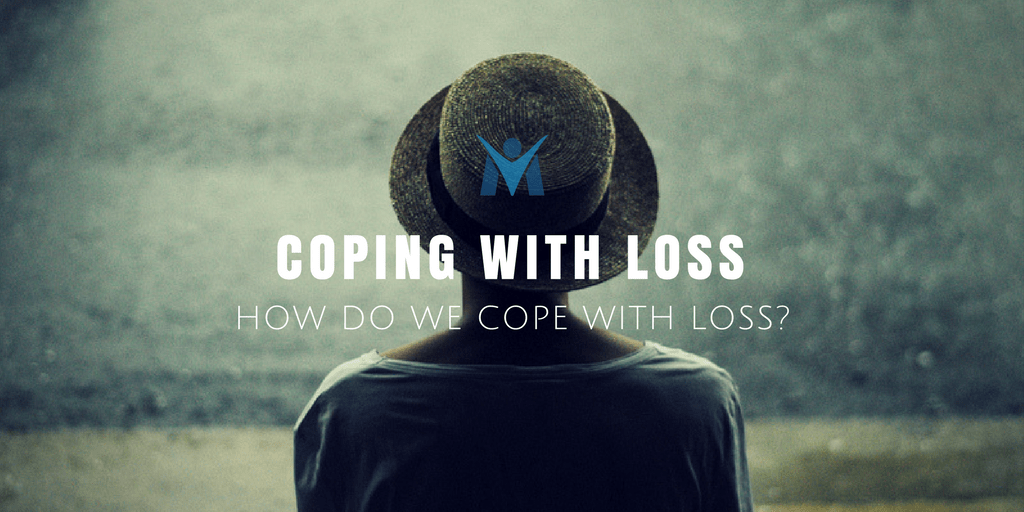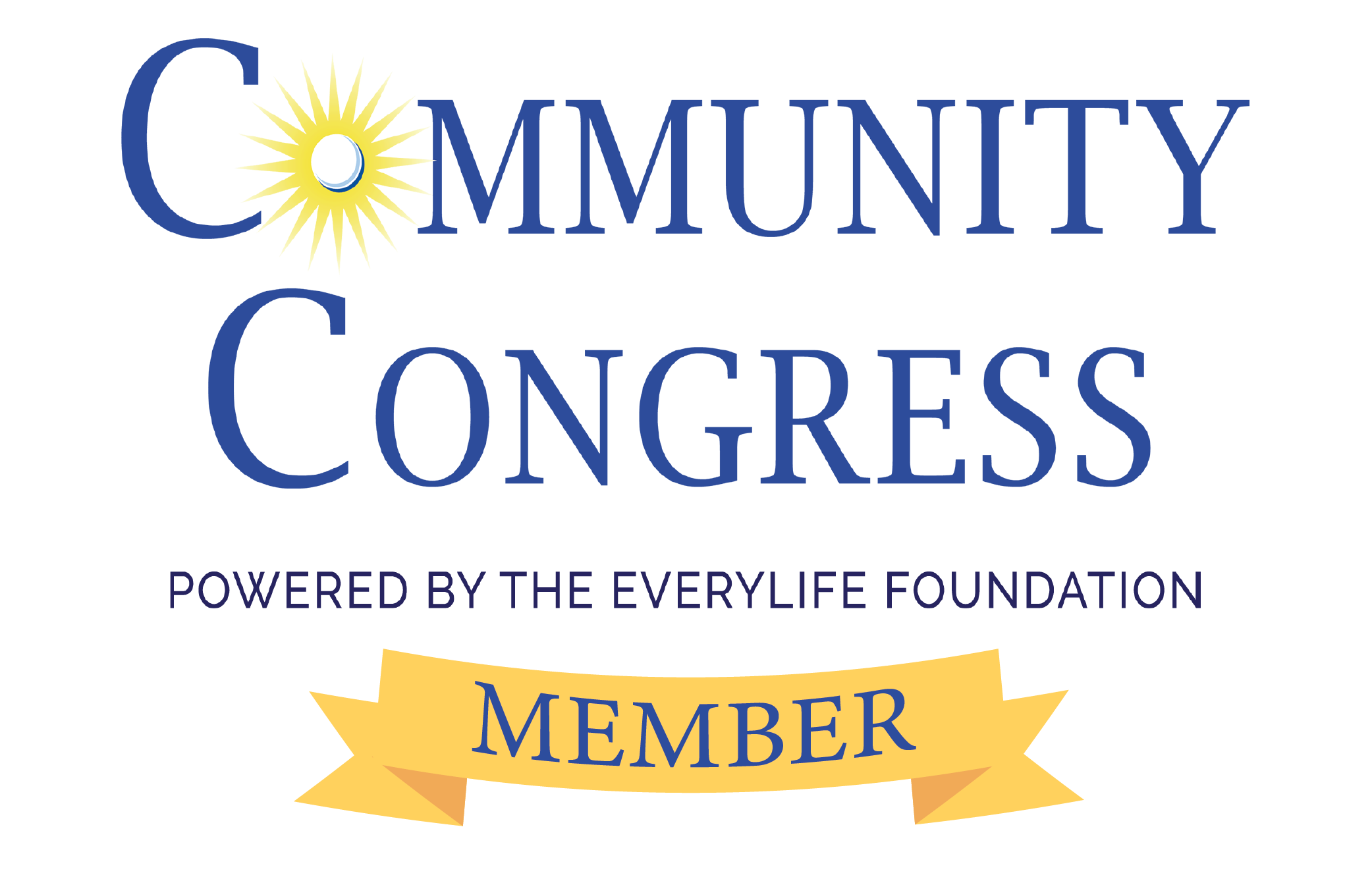Anyone dealing with a chronic health condition (whether as a patient or loved one/care partner) can tell you, illness makes you think about things that you would prefer not to. For some, one of those things is the combination of death and/or loss.
For me, becoming a myositis patient at 19 years old, albeit undiagnosed until 27, made me confront my own mortality at a young age. I knew that whatever was wrong with me could potentially shorten my life, or at least compromise the quality of it. However, I try not to live in fear of dying, even as I worry that I won’t live as long as I would like – and that distinction has changed everything about how I live. I choose to embrace what I call “the moments in-between.” I don’t wait for big things to happen: the birthdays, the important events, dinners, parties, outings to be happy. I make sure to enjoy laughter, smiles, birds singing, the everyday smells of dinner cooking, a quick hug from a friend, a good book…in other words, I make sure to cherish every moment. I also embrace the understanding that humans are the combinations of our minds, bodies and spirits so even though our bodies may not always cooperate, they are not the totality of who we are.
I’ve come to accept that this is natural and in no way disrespectful to the deceased…especially if it motivates me to take even better care of my body. I mean, how could I better honor the memory of a friend?
These ideas have also informed how I deal with the loss of others as well as worrying about losing others. As you probably know, we have lost many of our MSU group members throughout the past couple of years, either from the myositis itself or from complications and/or secondary infections, so it always hits home for many of us. I remember one particular span of a couple of weeks a few years ago when we seemed to hear of a new person’s death every few days.
I was devastated. I was devastated for them, for the loss of their potential life, for the suffering I imagined they endured toward the end, and for the time of their illness. I was devastated for their families and the pain they must be feeling. But I also have to admit, I was devastated for me. Because every time someone succumbs to this disease, or complications from it, I am less able to put my own head in the sand, and convince myself that “there is no way that I will die from myositis.” To an outside observer this may sound selfish, but to other patients, I bet you understand.
We try not to personalize other people’s passing to be “all about ourselves” and of course, as we grieve for our friends and their families we can’t help but ask, “will that be me someday?” I’ve come to accept that this is natural and in no way disrespectful to the deceased…especially if it motivates me to take even better care of my body. I mean, how could I better honor the memory of a friend?
Last year, my close friend from the MSU support group suffered a series of strokes and other health crises. He was in the hospital for weeks, twice, and for a short time his prognosis was uncertain. It was terribly scary for his husband, family, and all of his friends. We banded together in the ways we could to provide support to his husband, and each other. And we vowed to take better care of ourselves and to remember to appreciate life. In the end, that is really all we have. Thankfully he has made a full recovery, and again it has made me appreciate life all the more.
Sometimes, the stress and worry may get to be too much, and in that case, it is always a good idea to seek professional help to take care of your mind. You can also seek out your clergy or spiritual advisor to take care of your spiritual health. There is no shame in expressing your sadness, fear, anxiety, and even depression over the realities of illness and the risks that accompany it.
Until then, I wish you peace and love. I hope you are able to find pleasure in the in-between moments, live a full and complete life, emotionally, and realize that even if your physical life is limited, your body is only part of who you are.
Tags: loss support group for myositis










